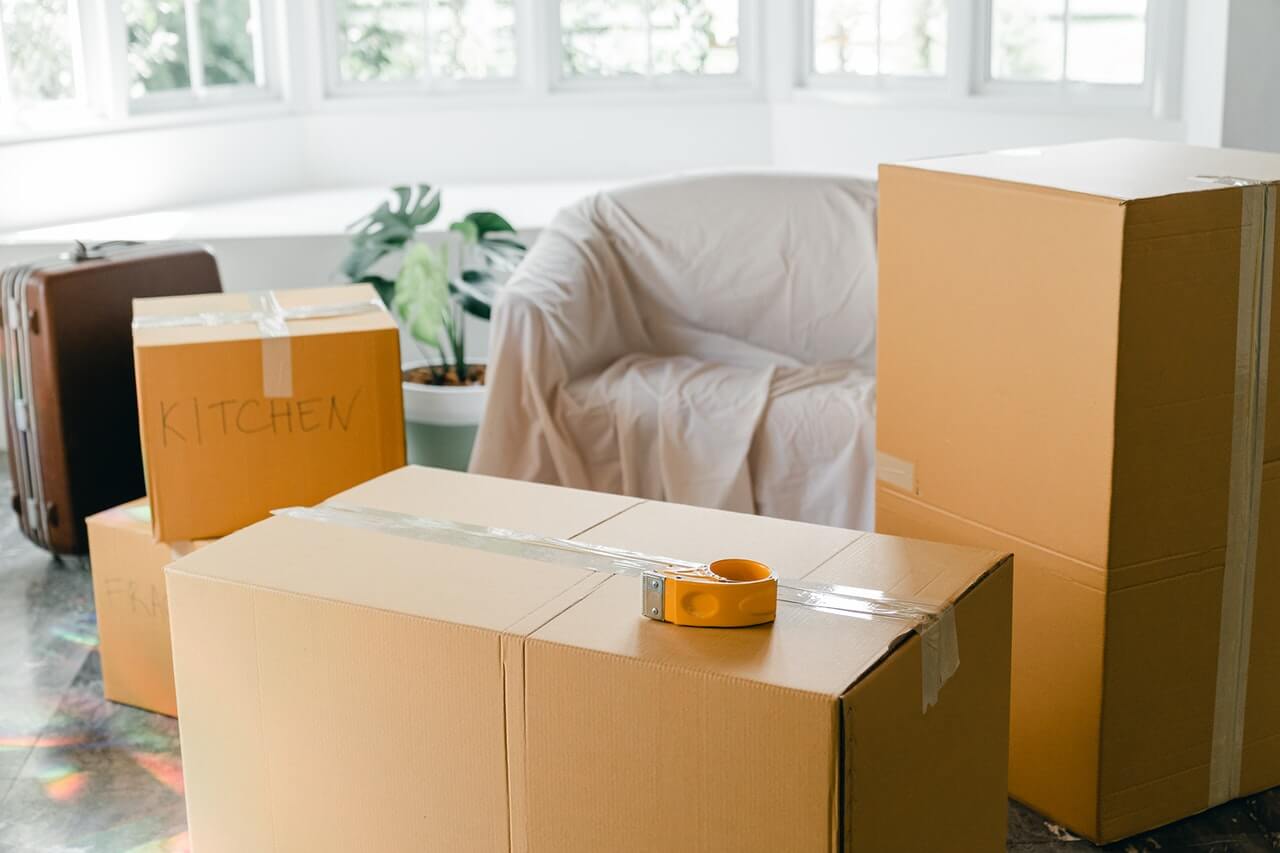
Are you unsure whether you'll need insurance to rent a storage unit? In these frequently asked questions about self storage insurance, learn more about storage insurance policies, what's covered, and more!
Yes, Extra Space Storage requires insurance when renting self storage. Standard storage units, reduced height storage lockers, wine storage units, drive-up access units, and vehicle parking spaces all fall under this category. You can use your existing homeowners or renters insurance policy, or Extra Space Storage can provide you with a separate storage insurance policy.
Extra Space Storage's storage insurance typically covers damage to your belongings caused by unforeseen events such as fire, water damage, and burglary. Some items, such as vehicles, may be excluded from this coverage, so read your policy carefully to learn more about what's covered.
Storage insurance costs vary depending on the amount of coverage you have and which provider you choose. Extra Space Storage, for example, offers insurance coverage for stored items ranging from $2,000 to $10,000 for a monthly fee of $11 to $47.
Storage units are usually covered by homeowner's insurance. However, before putting items into storage, check your insurance policy's off-premises coverage section to see what's covered. If your homeowners insurance doesn't cover stored items, consider adding additional coverage through your homeowners insurance provider or through third-party supplemental insurance.
Off-premises coverage, which typically includes items kept in a storage unit, is usually included in renters insurance. Your renters insurance policy, on the other hand, may only cover a portion of the initial coverage amount. In this case, you might want to look into supplemental coverage through your insurance company or a third-party.
For a monthly fee of $11 to $47, Extra Space Storage offers storage insurance that covers stored items for $2,000 to $10,000.
Extra Space Storage requires that a vehicle be registered and fully insured under an existing auto insurance policy before it can be stored. Vehicles are usually not covered by self-storage insurance.
Natural disasters are typically not covered by many self-storage rental insurance policies. While your policy may cover accidental damage caused by fire or water, severe natural disasters may not be covered. If you live in an area where disasters are common, you may need to look into additional coverage.
Jewelry, art, antiques, money, and other valuables may not be covered by standard storage insurance, or your policy may have a limit on how much you can claim. In such cases, floater insurance, which is a type of insurance policy that covers items that personal property insurance policies don't, may be required.
To ensure adequate coverage, it's critical to value your items appropriately. To value your items, make a list of what you'll be storing and include information such as the item's initial cost, purchase date, brand name, model, and pictures. Consider getting some organisational software or making an inventory. You'll almost certainly need to hire a certified appraiser who is a member of the Appraisers Association of America (AAA), the American Society of Appraisers (ASA), or the International Society of Appraisers (ISA) for high-value items (ISA). Your insurance company may also be able to provide you with appraisal services for your belongings.
While features like climate control aid in the protection of your belongings, storage insurance protects you in the event that they are damaged. Storage insurance is an extra cost, but it's well worth it if you want to protect your belongings in self storage.
ViralFash collects & utilizes cookies from third-parties & affiliate networks to improve user experience. If you buy a product or service after clicking on one of our links, we may get a commission.